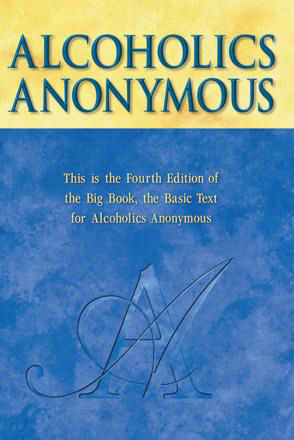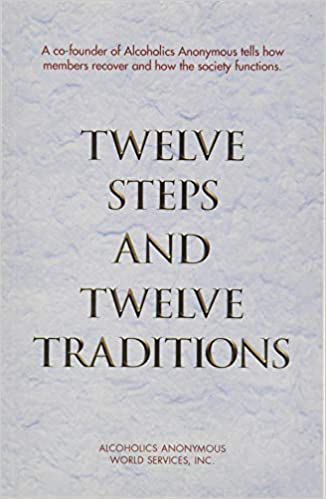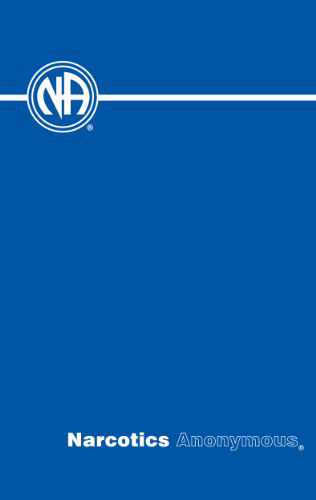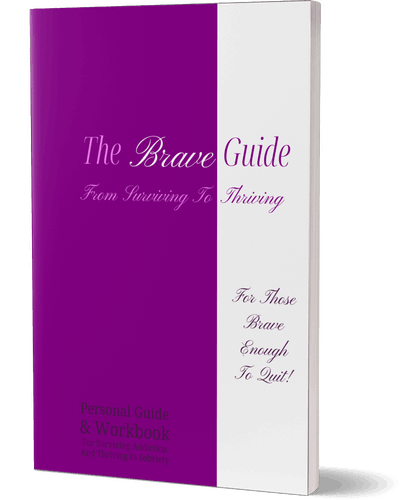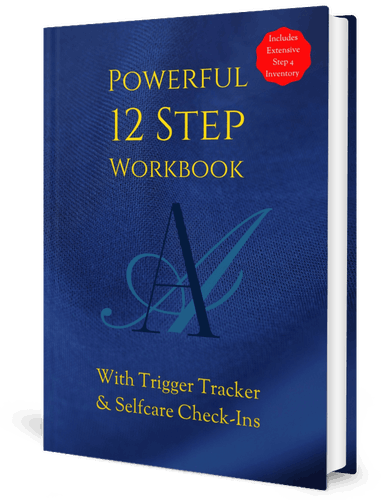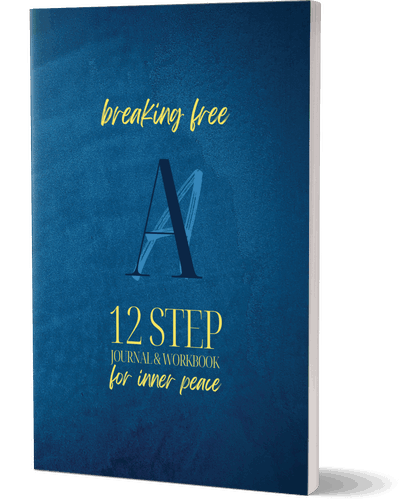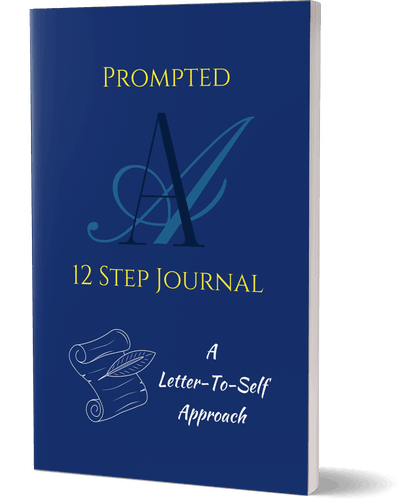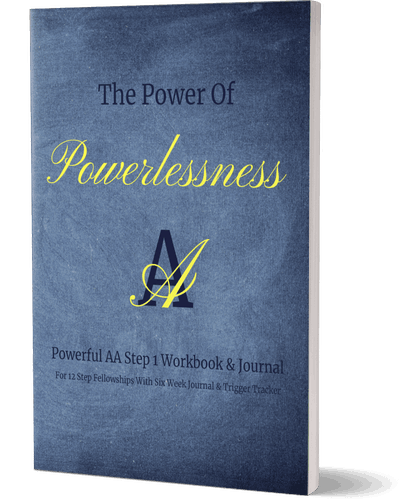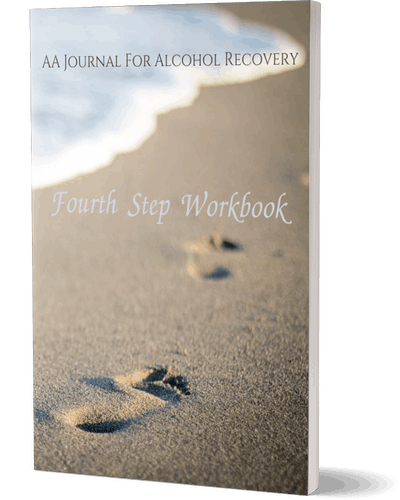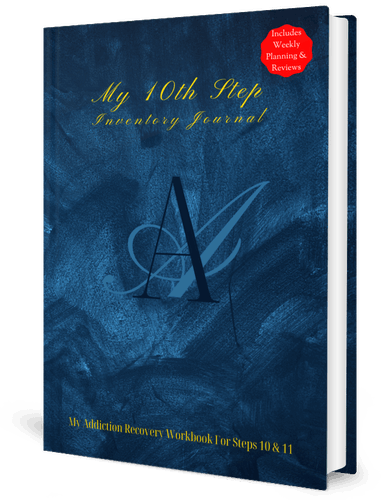Alcoholics Anonymous (4th Edition 2001)
Alcoholics Anonymous (also known as the Big Book in 12 step circles) sets forth cornerstone concepts of recovery from alcoholism and tells the stories of men and women who have overcome the disease.
The basic yet powerful message of Alcoholics Anonymous has helped millions of people recover from alcoholism since it first appeared in 1939. The chapters describing the A.A. recovery program — the Twelve Steps — and the personal histories of A.A.'s co-founders remain unchanged since the original printing. Sixteen stories also remain from the third edition, including the "Pioneers of A.A.", which helps keep the reader linked to A.A.'s historic roots, and shows how early members applied this simple but profound program that still helps alcoholics get sober today.
New to the fourth edition are twenty-four stories from the early years of the 21st century.
Since 1939, well more than 35 million copies of the Big Book have been sold worldwide.
The fourth edition was approved by the General Service Conference of A.A., in the hope that many more may be led toward recovery.
